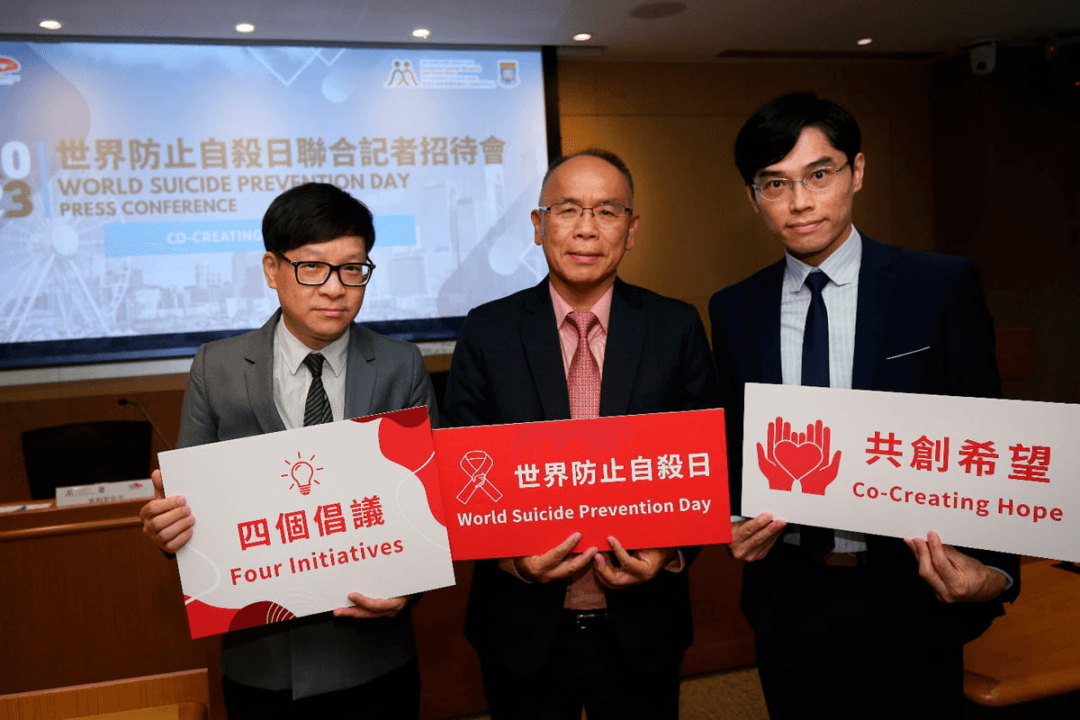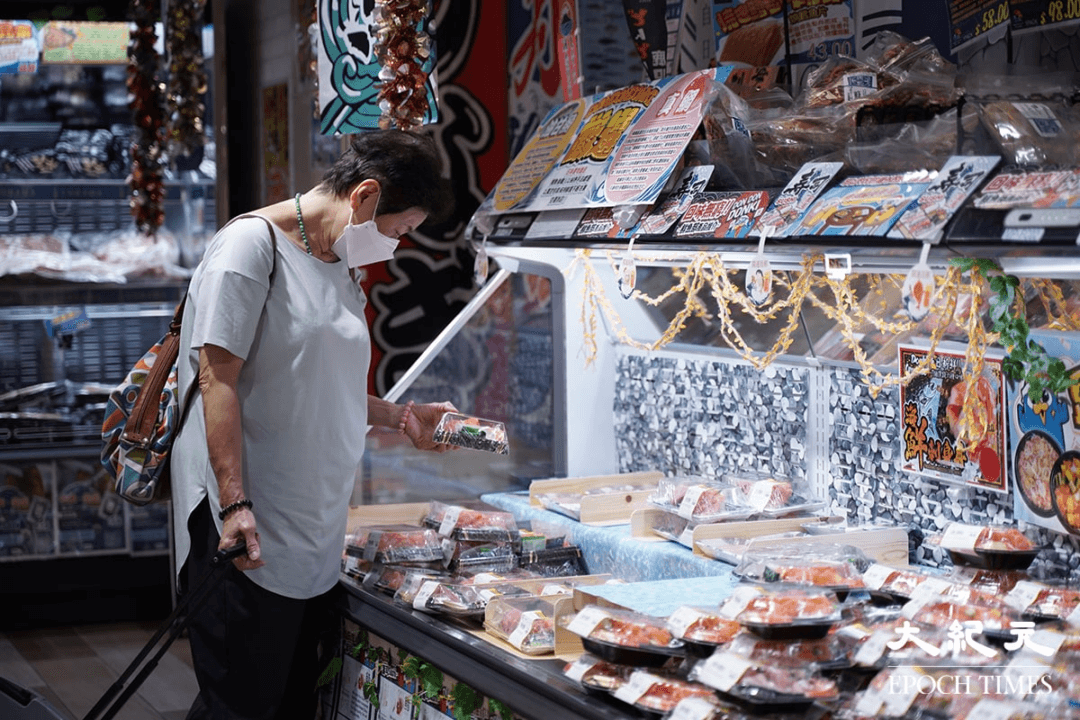The Hong Kong Centre for Human Rights (HKCHR) is urging the United Nations (UN) to stop the Hong Kong government’s (HKgov) human rights violations.
On Jan. 16, HKCHR submitted a report explaining the human rights situation in Hong Kong, which had been extremely restricted and challenging since the imposition of the National Security Law (NSL). They hoped the Committee on Economic, Social and Cultural Rights (CESCR) will understand the threats and difficulties to Hongkongers while executing economic, social, and cultural rights (ESC) rights.




